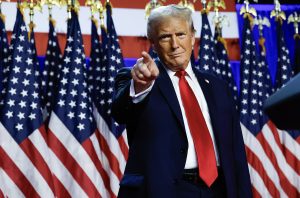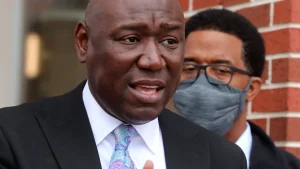The February issue of Wolters Kluwer's Blue Chip Economic Indicators suggests that Congress is likely to pass – and President Trump is likely to sign - comprehensive legislation aimed at reforming the tax code this year.
This month's report suggests that, while the Trump Administration's pledges of tax cuts, infrastructure spending and regulatory relief have propelled consumer and business confidence to multi-year highs and lifted US equity indices to record levels, panelists remain reluctant to significantly alter their forecasts of US economic performance for 2017 and 2018. The report also notes that securing congressional passage of major tax reform and infrastructure-related legislation is expected to be fractious and time consuming, and that there is considerable opposition to inclusion of a border adjustment (effectively a 20% tax on all imports).
"The consensus anticipates comprehensive tax reform legislation, but fewer than one third of panelists believe that a border adjustment component will be included as part of any tax reform that is approved," said Randell E. Moore, executive editor of Wolters Kluwer's Blue Chip Economic Indicators.
The consensus indicates that US economic growth in 2017 and 2018 will be somewhat stronger than last year. Real GDP growth is predicted to grow 2.3% this year and 2.4% in 2018, compared to 1.6% in 2016.
Other consensus findings from this issue of Wolters Kluwer's Blue Chip Economic Indicators exclusive survey include:
- About three-quarters of the panelists expect Congress to approve some sort of infrastructure investment plan in 2017, but more than 80% of the panelists believe that any increase in infrastructure investment over the next few years will prove to be "moderate" or "modest".
- The Federal Reserve is expected to enact two or three 25-basis-point hikes in interest rates this year. 65% of the panelists believe the Fed will hold off until its June meeting to raise rates for the first time in 2017.
- About 21% of the panelists say they are "very worried" that increased protectionism is a threat to the US economy, while almost 40% say they are "moderately worried."
(Source: Wolters Kluwer)




















